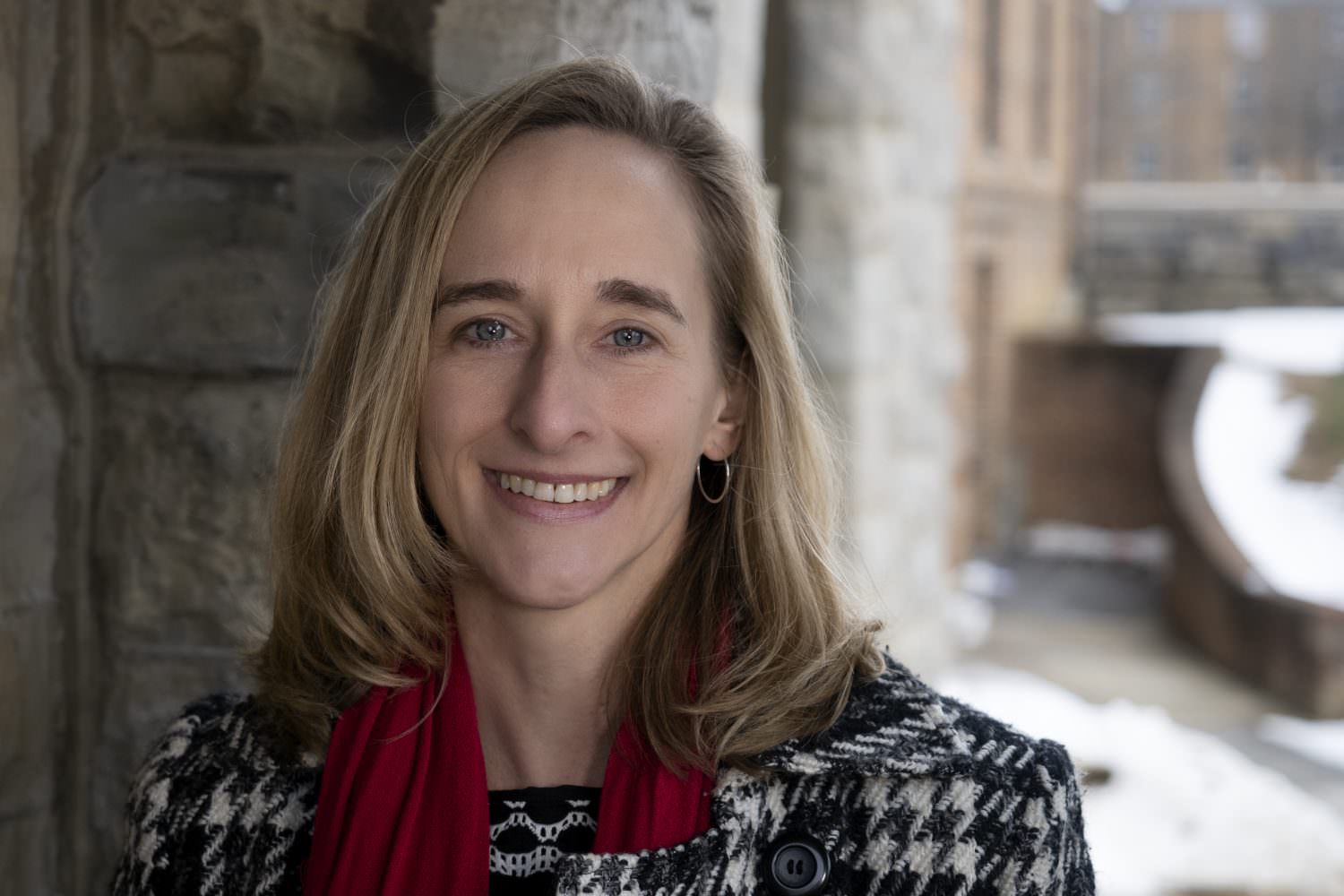Danille Elise Christensen (she/her) received her PhD from Indiana University’s Department of Folklore & Ethnomusicology, where she learned to apply the analytical lenses of genre, performance, and rhetoric to the realm of material culture. Her work examines the political implications of art and labor in everyday life, including the ways knowledges are produced and valued. An Associate Professor in the Department of Religion & Culture at Virginia Tech, she is currently Associate Chair and faculty in the Material Culture & Public Humanities graduate program and the undergraduate programs in Food Studies and Appalachian Studies. Her writing on ritualized sport, scrapbook-making, gardening, indigenous foodscapes, and food preservation can be found in sources that include Journal of American Folklore, Journal of Folklore Research, Southern Cultures, and several edited volumes. Supported by a Kluge Fellowship, a Parsons Fund for Ethnography award, and a Redd Fellowship in Western American History, her forthcoming book explores the ways home canning has been positioned as a response to threat in the United States, situating the practice amidst shifting ideological and material contexts over the last two centuries. Christensen’s teaching at Indiana University, UNC-Chapel Hill, The Ohio State University, and Virginia Tech has foregrounded experiential learning and public-facing products. She has advised research, exhibition, and apprenticeship projects for a number of regional arts organizations, and her students have interned at a range of public humanities sites. She is Chair of the AFS Publications Committee and a founding convener of the AFS Folklore & Science section; participation in other AFS-allied projects include the Library of Congress Civil Rights History Project, the Teagle Foundation working group on lay and expert knowledge, and the committee on contingent worker concerns.
Statement of Candidacy:
One major challenge facing AFS is the training and the employment of new folklorists, as academic institutions continue to reduce tenure-track lines, restructure programs, and increase class sizes. At the same time, calls to prove the “relevance” of academic training present an opportunity: experiential, community-based learning and theory-informed public-facing humanities work is something we already do well, that we strive to do ethically and rigorously. AFS can help its members share strategies for linking students to public-sector, nonprofit, and private-sector entities that value meaningful and just outcomes; tips for breaking down academic bifurcations of vocation and intellect; and ideas for decentering the academy as the sole locus of knowledge production. Conference programming built around existing AFS resources, such as the Folklore Advocacy Toolkit and established workshop formats, would be a thrifty way to advance some of these goals. In addition, contingent and “lone” folklorists in the academy need particular support; one idea is to create mentoring cohorts organized in terms of departmental configurations, so that colleagues in English, Asian Studies, Art History, etc., could swap ideas for connecting with colleagues and shaping curriculum in those specific contexts, while also finding community with colleagues facing similar struggles.
